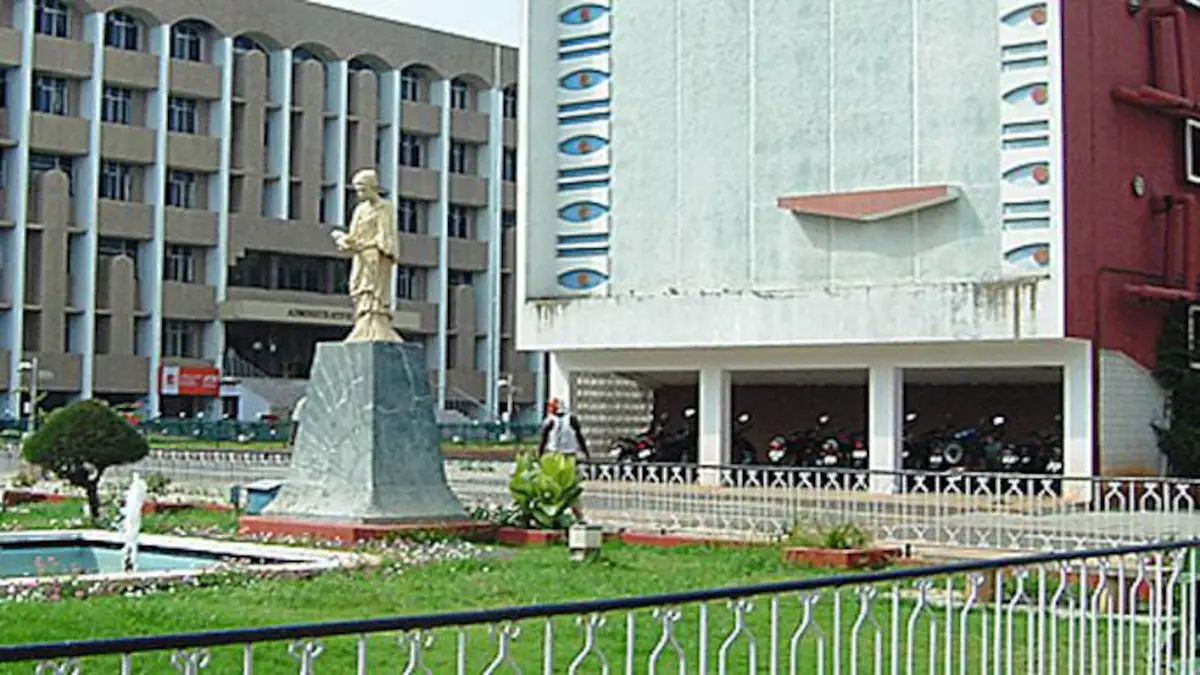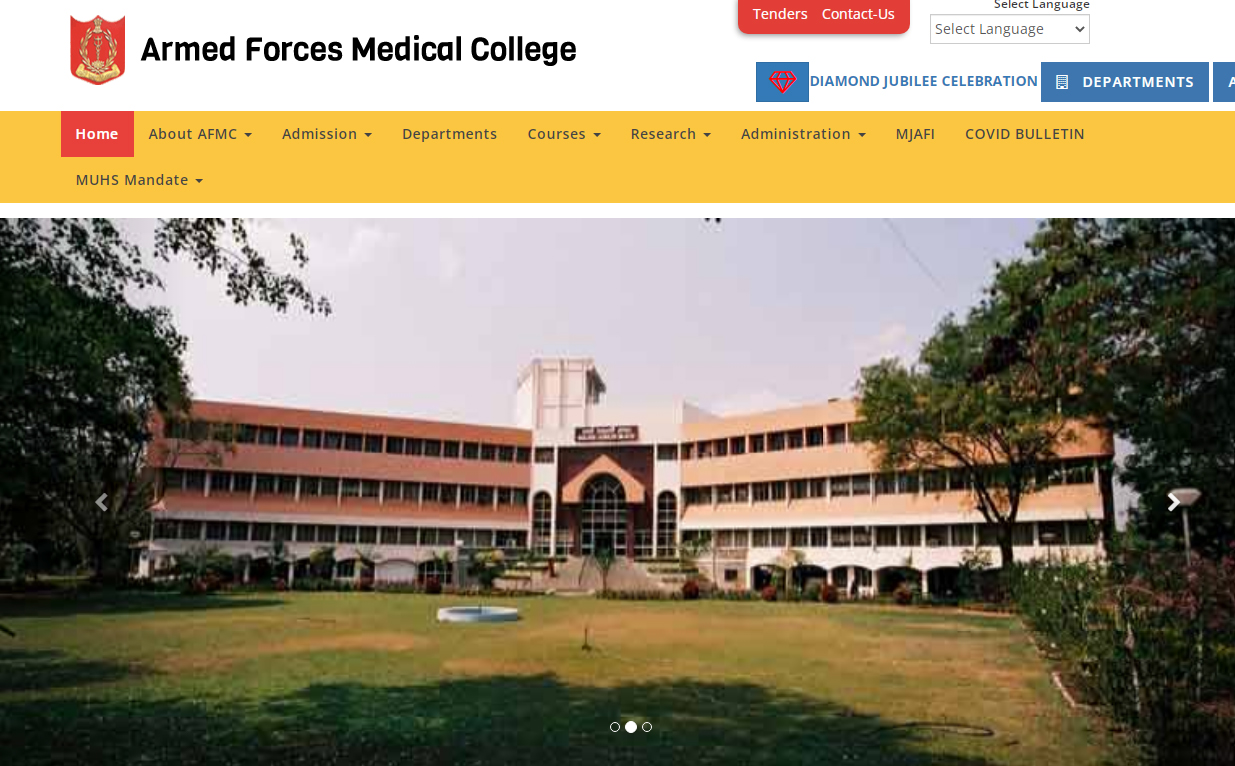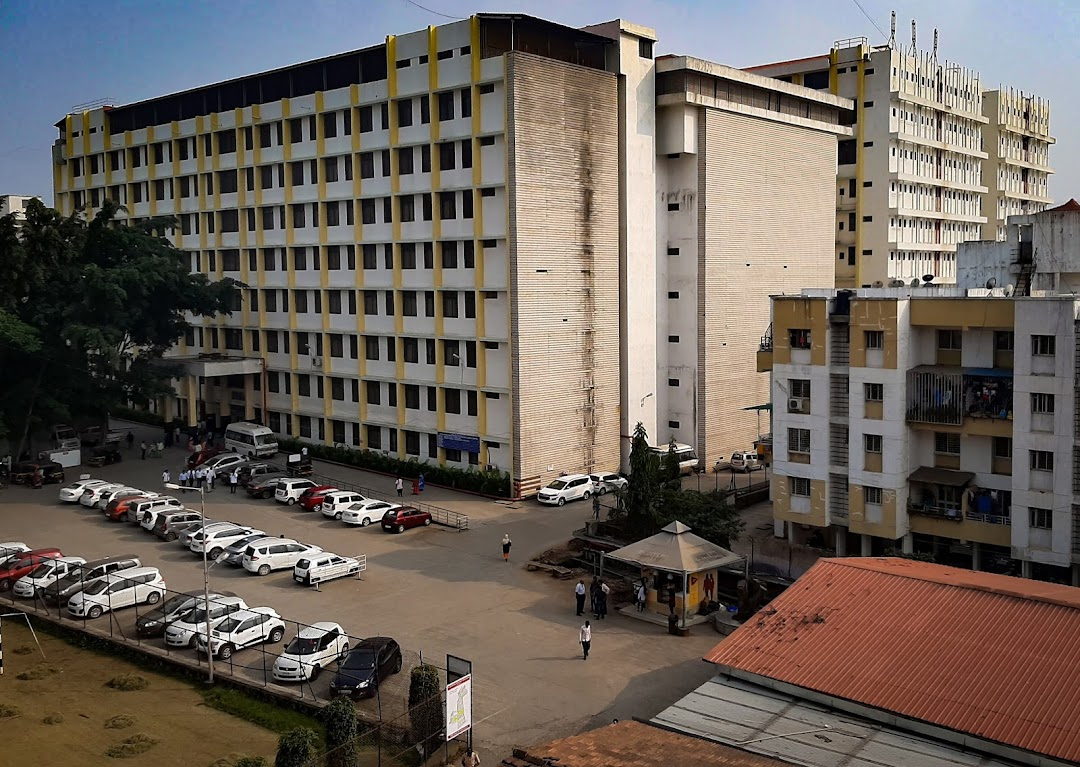Surat Municipal Institute of Medical Education & Research, Surat

- Read more about Surat Municipal Institute of Medical Education & Research, Surat
- Log in to post comments
- 61 views
A Diploma in Pathology and Bacteriology is a specialized program that provides in-depth training in the study of diseases (pathology) and bacteria (bacteriology). It is typically designed for individuals who have a background in medicine or related health sciences and wish to specialize in laboratory diagnostics, disease identification, and the study of bacteria.
Here are some common components of a Diploma in Pathology and Bacteriology program:
General Pathology: Study of the principles and mechanisms underlying various diseases affecting different organ systems.
Clinical Pathology: Examination of laboratory techniques and procedures used in the diagnosis of diseases, including the analysis of blood, urine, and other body fluids.
Anatomical Pathology: Focus on the examination of tissues and organs to diagnose diseases, often involving pathology reports for surgical specimens.
Hematology: Study of blood and blood-forming tissues, including the identification of blood disorders.
Immunopathology: Exploration of disorders related to the immune system and the role of immunological processes in disease.
Microbiology and Bacteriology: Study of bacteria, including their identification, classification, and their role in causing infectious diseases.
Virology: Examination of viruses, their structure, replication, and their role in causing viral infections.
Mycology: Study of fungi and fungal infections.
Parasitology: Exploration of parasites and parasitic infections.
Clinical Microscopy: Training in the microscopic examination of specimens, including cells and microorganisms.
Laboratory Techniques: Hands-on training in laboratory techniques used for the identification and analysis of pathological specimens.
Research and Clinical Skills: Some programs may include a research component and practical training in clinical skills relevant to pathology and bacteriology.
Individuals completing a Diploma in Pathology and Bacteriology may find employment in clinical laboratories, hospitals, research institutions, and public health agencies. They play a crucial role in the diagnosis and management of diseases by conducting laboratory tests, interpreting results, and collaborating with other healthcare professionals.
This diploma can serve as a foundation for those who wish to pursue advanced studies and research in pathology or bacteriology. Additionally, individuals with this diploma may choose to specialize further in specific areas of pathology, such as forensic pathology, cytopathology, or clinical microbiology, through additional training and fellowships.
Diploma in Public Health






The Hyderabad Medical School which came into existence in 1846 A.D. was the fore-runner of Osmania Medical College. The medium of instruction was Urdu, the degree was Hakeem. Last two decades of the nineteenth century was the glorious period of this school. Seventh and the last Nizam of Hyderabad Nawab Mir Osman Ali Khan established Osmania University in 1919 A.D. and in the following year the Hyderabad Medical College. In 1957 A.D. Hyderabad became the Capital of enlarged Andhra Pradesh. Tremendous zeal and enthusiasm were evident to achieve all-round progress in medical education.

Armed Forces Medical College, Pune is a premier medical institution in India. AFMC has the distinction of being the first medical college set up by the Armed Forces of any country in Asia. The college is a unique institution which combines medical education with training specific to the health care needs of the Armed Forces. AFMC has been consistently rated among the top three medical colleges in India by surveys published by reputed newsmagazines for the past decade.

The institution and its teaching hospital are located in a sprawling green campus located right on the Chennai-Kolkata National Highway (NH 16). It is 23 km from the Vijayawada city the biggest Railway Junction in South India and just 5km away from Vijayawada Airport and everyday air flights are available from Hyderabad, Bangalore, Chennai and New Delhi cities. The campus is well connected by road by Chennai, Kolkata highway number. The Institute and Hospital was established in Rural Area in Krishna District covering the population around 30 lakhs.

Smt. Kashibai Navale Medical College & General Hospital is located at Ambegaon, Narhe, Pune. It is founded by President Prof. M. N. Navale and named after the mother of Prof. M. N. Navale. In a very little course of time, this institution has achieved its reputation for academic performance & patient services, not only in Pune but all over Maharashtra.
